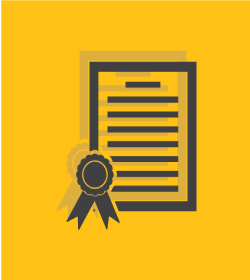As the first of its kind, SASH offers certification opportunities in
Problematic Sexual Behavior,
Sexual and Relational Trauma,
Sexual Wellness, and
Sexual Offending. Clinicians can apply for one or more of the specialized certifications to emphasize their experience and knowledge as a leading professional in the industry. All qualified clinicians possess a stock of general human sexuality knowledge.
When all education/training, consultation/supervision and clinical experience requirements have been met an application can be submitted. The application and supporting materials will be evaluated by the application committee and a recommendation will be made for approval.
To truly accentuate your knowledge, holding three or more certifications opens eligibility to automatically be awarded the Distinguished Sex Therapist (DST) designation, communicating to the world your advanced expertise.




